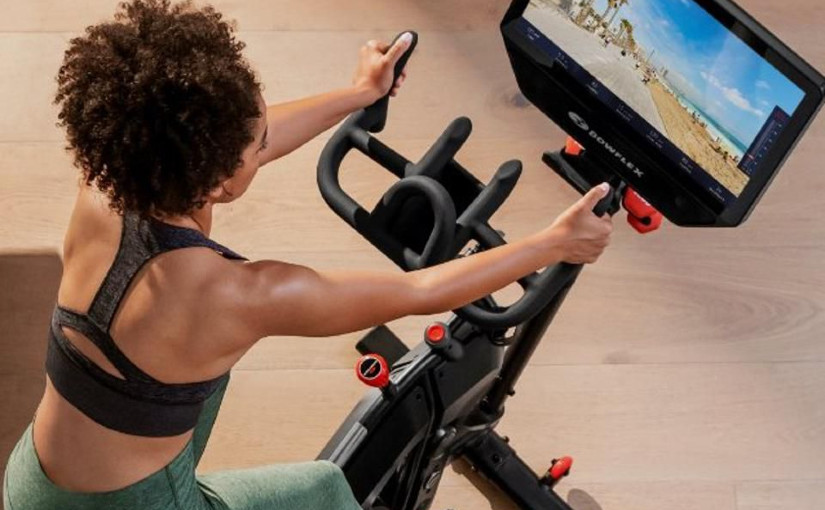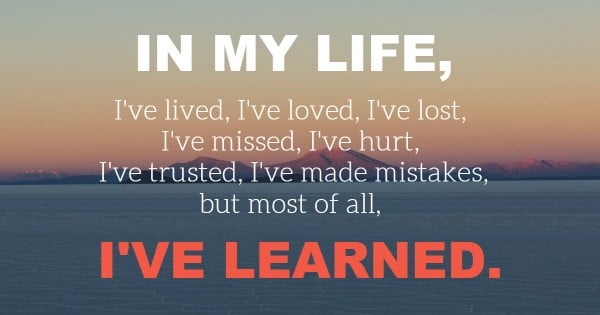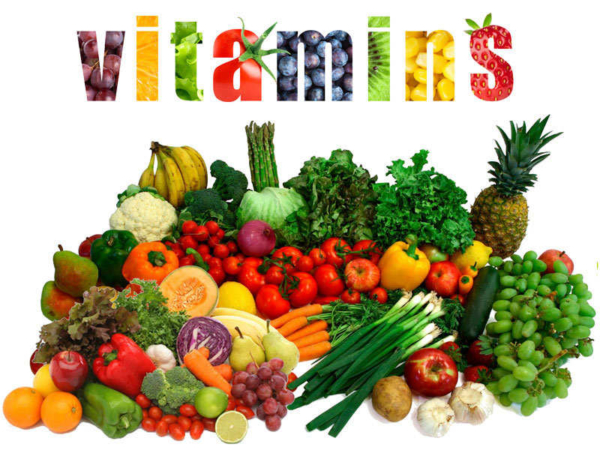Three Vital Tips For Recent College Graduates
Graduating from college can be a daunting task for even the most focused college student, but you know the good part? The good part is that you are not alone, and there are loads of people going through these things. That is why I am here to offer some vital guidance to recent college graduates. So, without further ado, let us jump into three of my favorite tips:
- Discover Yourself
Once you’ve graduated from college, it’s the perfect time to immerse yourself in some of the skills you learned during your stay in school. The fact remains that the choice of self-discovery is yours to make, and it’s a great thing to do as a fresh college graduate.
Like Mother Theresa said, “Do not wait for leaders; do it yourself, person to person.” The only person who can discover yourself is you, so try to live a little while remembering some of the vital guidance given by your parents and other trustworthy individuals along the way to help you live the life you want.
- Make Connections
Okay, this is a vital piece of guidance that you probably wish you had just before you stepped foot onto a college campus, but it’s never too late to pick up a valuable life lesson. Relationships don’t just happen, and relationships don’t have to be with the most prominent people in your field of study (at least not just yet). Instead, they could be with a few like-minded individuals, and who knows where that will take you?
Thanks to social media, making connections has never been easier, as now all you need is a LinkedIn username and a few minutes to spare. You can directly connect with different people worldwide with a few taps of the keyboard. Remember, the best connections are the ones that you make by yourself, so do not limit yourself! Push forward, think more profound, and immerse yourself in your loftiest ambitions.
- Be Patient
Patience is a virtue though this virtue might be hard to exude when you’re fresh out of college and faced with many possibilities (and near impossibilities). However, there’s nothing to worry about, as it’s only a matter of time before you figure it out. Just take the words of Helen Keller to heart, “We could never learn to be brave and patient if there were only joy in the world.”
Even though some of your dreams will not come through instantly, there’s no need to panic. Just keep on striving, networking, getting vital guidance, and ticking the mental boxes. You’ll be fine in no time!
Final Thoughts
Graduating from college is a remarkable landmark in anyone’s life, and it’s something to look forward to and celebrate once you have concluded the work. Once the celebrations are completed, it is time to look for something to do with that college degree. This is where many college graduates develop cold feet, and that’s where the doubt begins to creep in.
There’s no need for this because there’s more than one way to make your dreams come true. Just be patient and continue to make connections as you discover who you are and want to do.
Article by Vital Guidance writer Olaoluwa Ajayi













